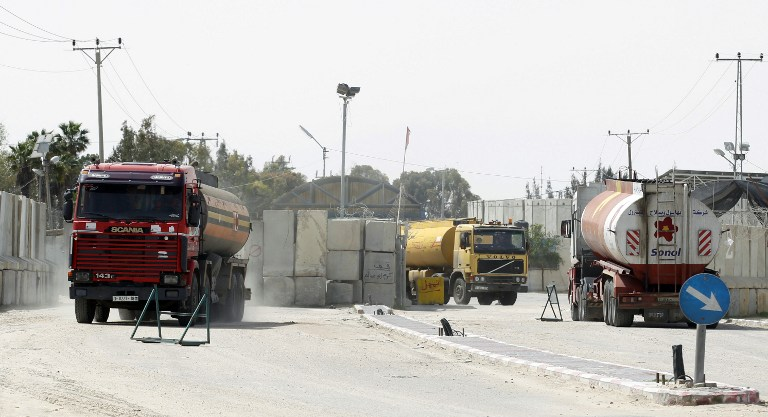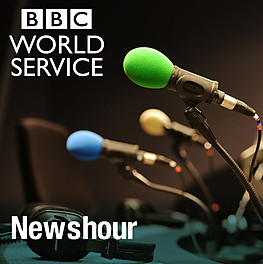In the summer of 2014, as conflict between Israel and terrorist groups based in the Gaza Strip raged, the BBC self-conscripted to promotion and amplification of the campaign run by Hamas and assorted sympathetic NGOs against Israel’s policies concerning its border with the Gaza Strip. As a result BBC audiences saw the adoption of Hamas terminology, repeated omission of relevant context concerning the fact that border restrictions came about due to Hamas’ terror activities (rather than the other way round) and were provided with inaccurate and misleading information concerning the types of goods subject to limitations on import.
In the fifteen months since that conflict came to an end the BBC has repeatedly promoted the inaccurate notion that the slow pace of reconstruction in the Gaza Strip is attributable to border restrictions imposed by Israel. The topic of the potential appropriation of construction materials for purposes of terrorism has been presented in the qualified terms of “Israel says” but no objective, serious reporting on that topic has been evident.
Moreover, the BBC has refrained from reporting cases in which the appropriation of construction materials for the purpose of rebuilding Hamas’ terror infrastructure have come to light and thwarted attempts to smuggle other problematic materials into the Gaza Strip (such as sulfuric acid) have been likewise ignored.
It therefore comes as no surprise to find that the recent seizure by Israeli authorities of a chemical used to make rocket fuel under the guise of ‘soybean oil’ destined for the Gaza Strip has not been reported by BBC News.
“Heading for Gaza, a Palestinian truck arrived at the Tarkumya crossing to transfer “soybean oil” from Hebron. The substance was sent for laboratory tests after arousing the suspicion of security guards and the David Unit inspectors. These further examinations revealed that the trucks contained a substance called TDI, which is a key component for rocket fuel used by Gaza-based terrorist organizations such as Hamas and the Islamic Jihad. The 450 liters of material were seized, and the individuals were brought in for questioning.”
Via COGAT we also learn that:
“The David Unit of the Civil Administration works to prevent smuggling of all contrabands and pollutants, having confiscated around 280 trucks with life-threatening materials and substances since its 2014 foundation.”
If the BBC is to meet its obligation to provide audiences with information which will enhance their “awareness and understanding” of the subject of Gaza Strip border restrictions it clearly cannot continue to employ its current policy of avoidance of reporting such stories, coupled with factual misrepresentation of the restrictions and their aims and omission of any serious coverage of the topic of rehabilitation of terrorist infrastructure in the Gaza Strip.




